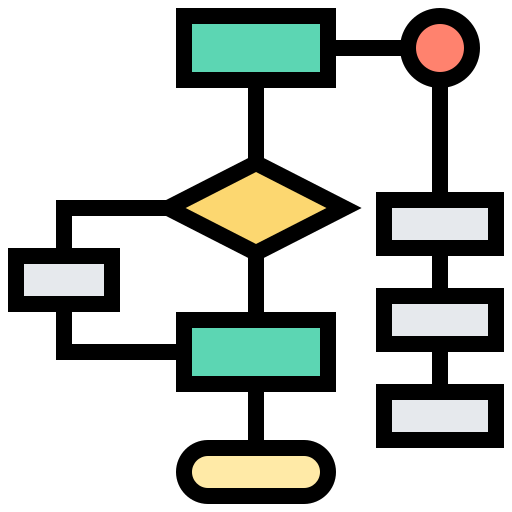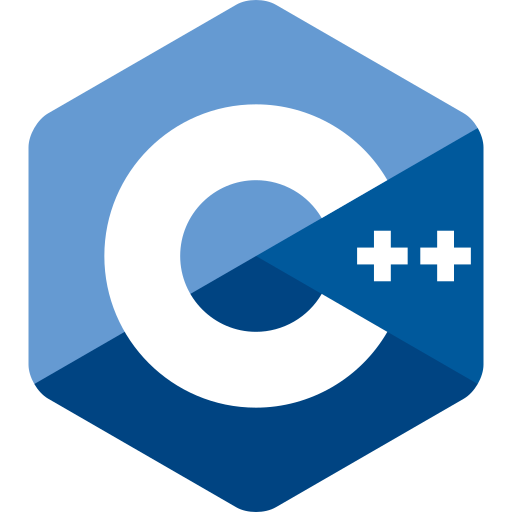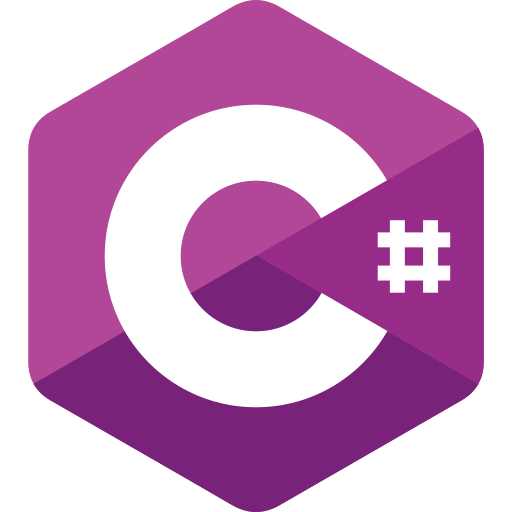HTTP 418: I'm a teapot
The server identifies as a teapot now and is on a tea break, brb
HTTP 418: I'm a teapot
The server identifies as a teapot now and is on a tea break, brb
Unity Memes
Unity: where game development is democratized and the answer to every question is "there's an asset for that." These memes celebrate the engine that powers everything from mobile games to VR experiences, with a UI that changes just often enough to invalidate all tutorial videos. If you've ever battled the mysterious dark arts of the shader graph, watched your game run perfectly in the editor but crash on build, or accumulated more paid assets than lines of original code, you'll find your digital family here. From the special horror of merge conflicts in scene files to the joy of dragging and dropping your way to a working prototype, this collection honors the platform that makes game development accessible while keeping it just challenging enough to be interesting.

 AI
AI
 AWS
AWS
 Agile
Agile
 Algorithms
Algorithms
 Android
Android
 Apple
Apple
 Bash
Bash
 C++
C++
 Csharp
Csharp















